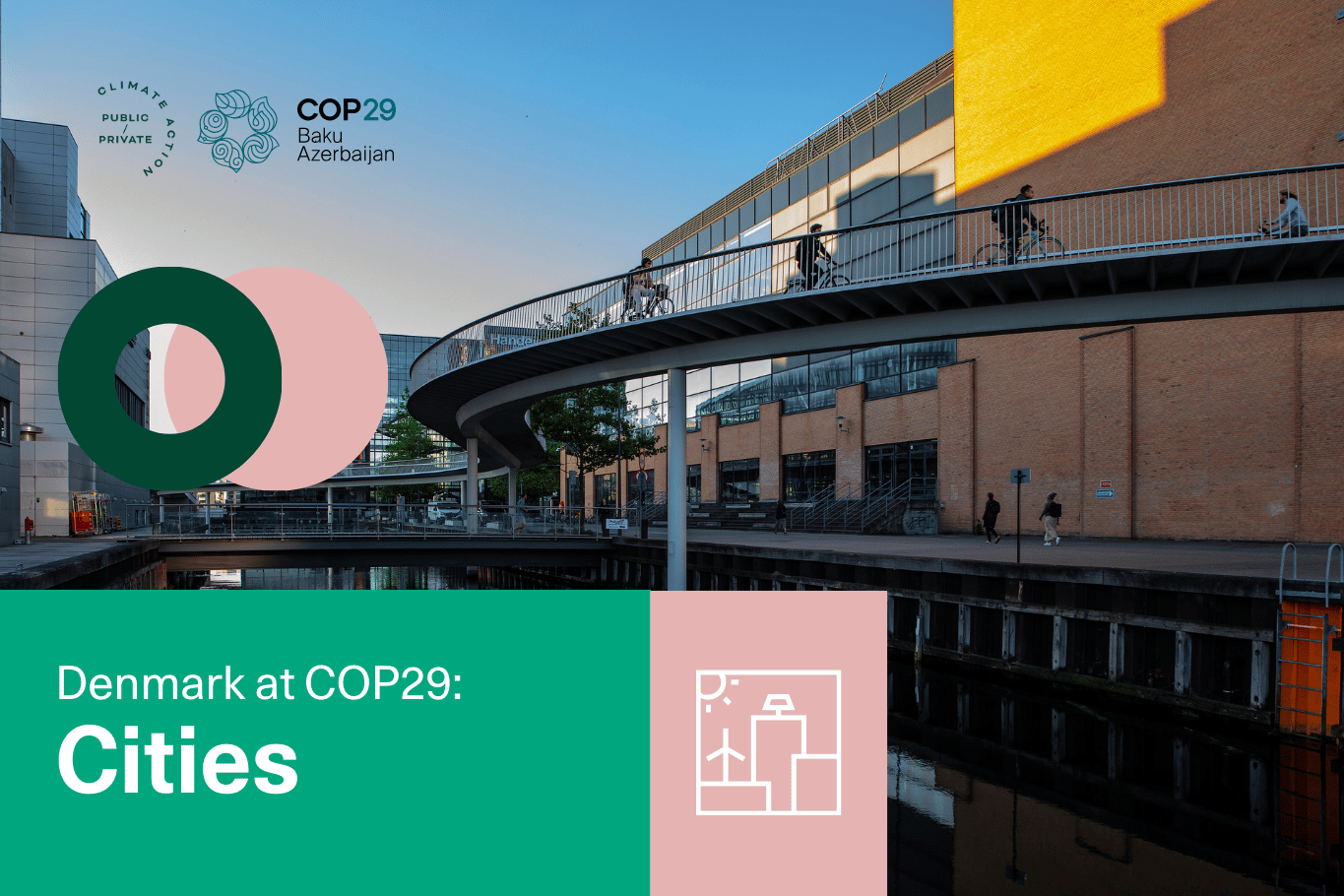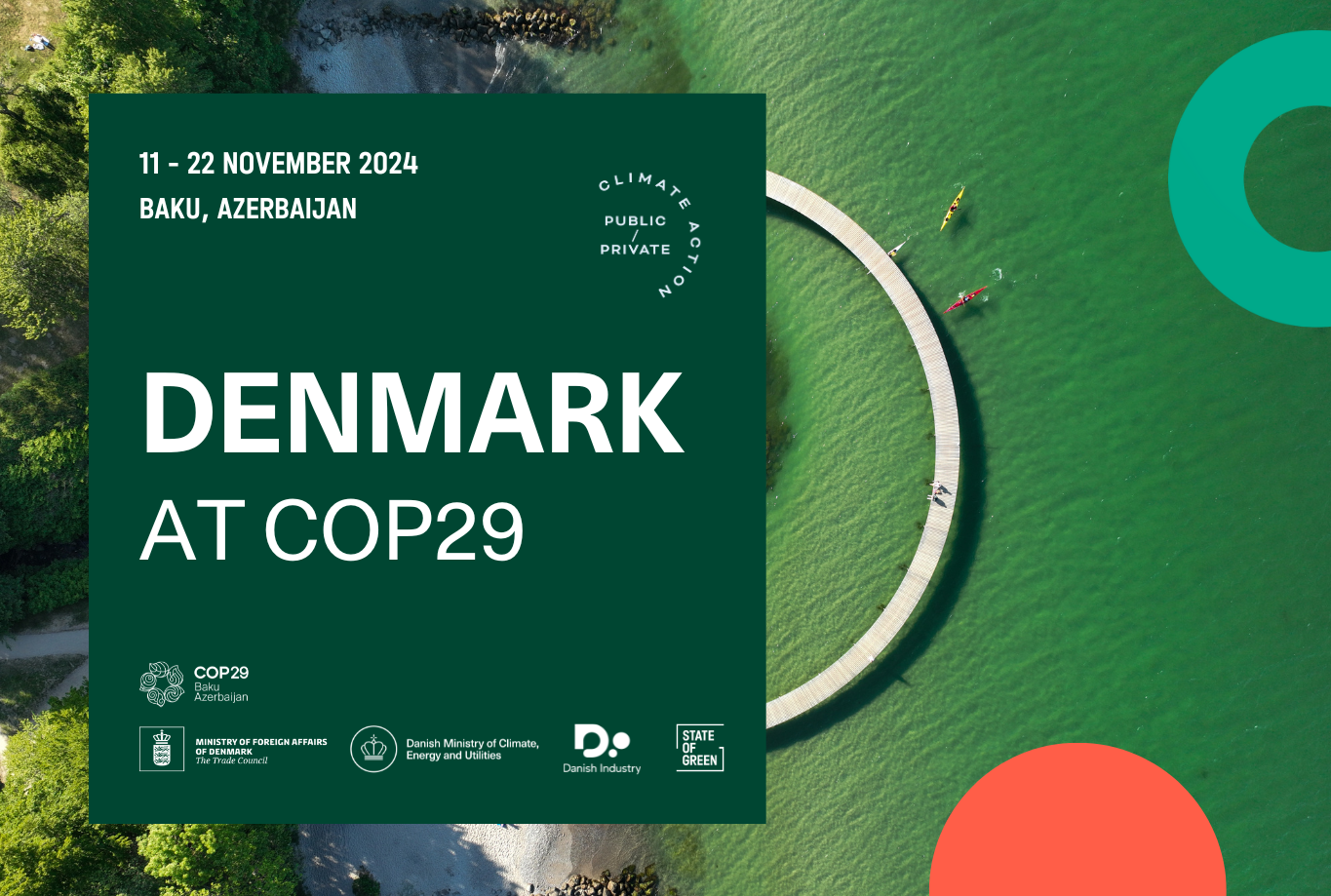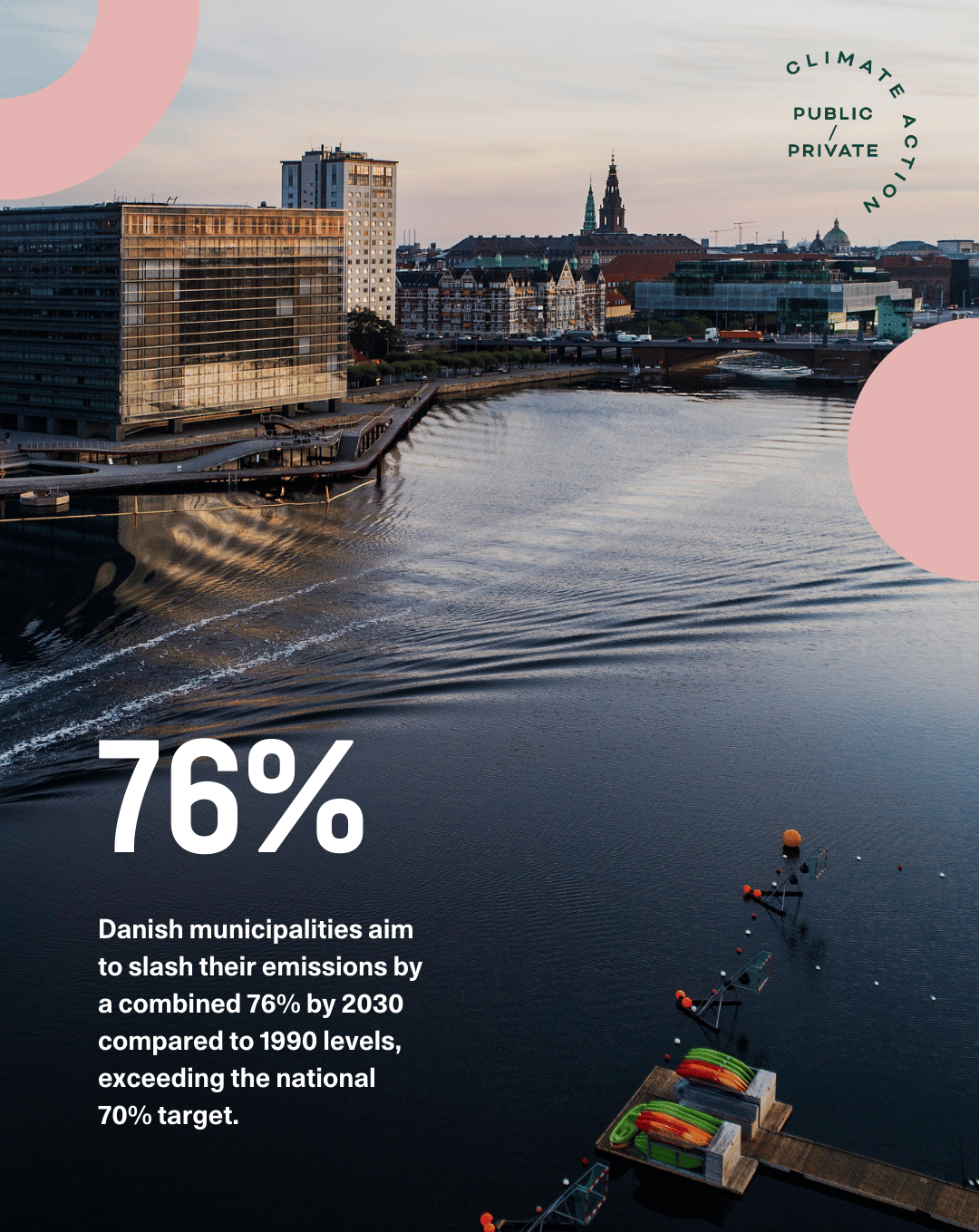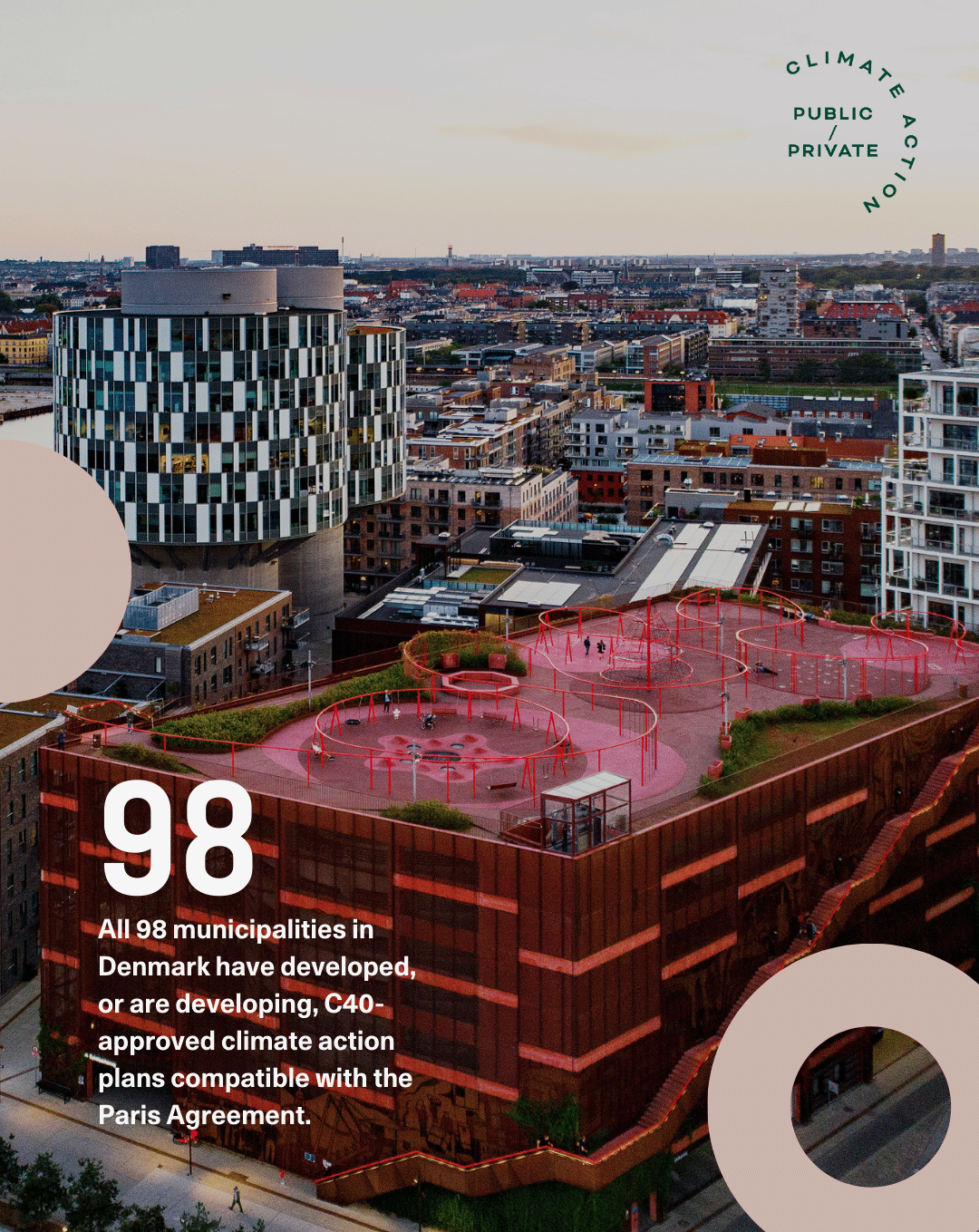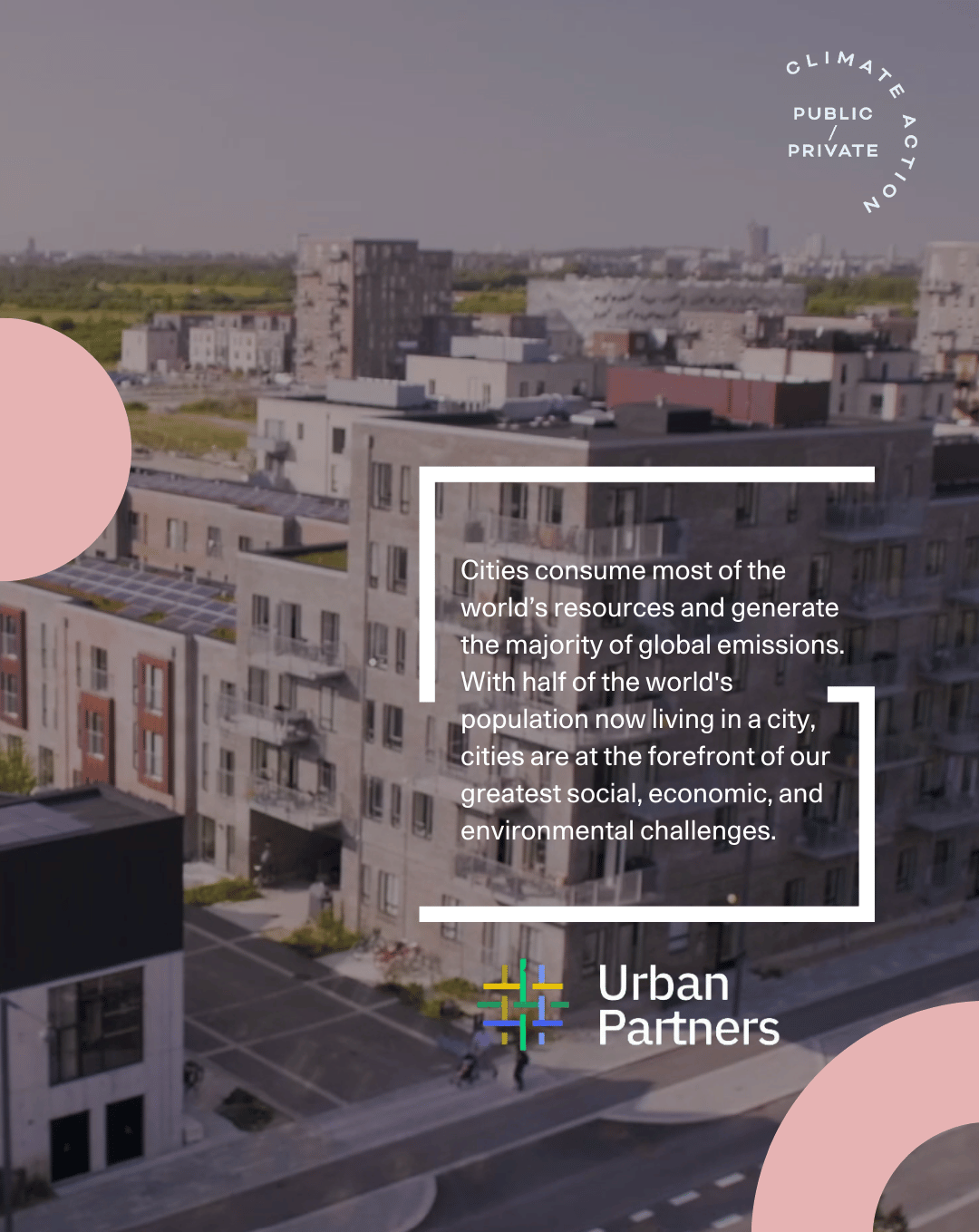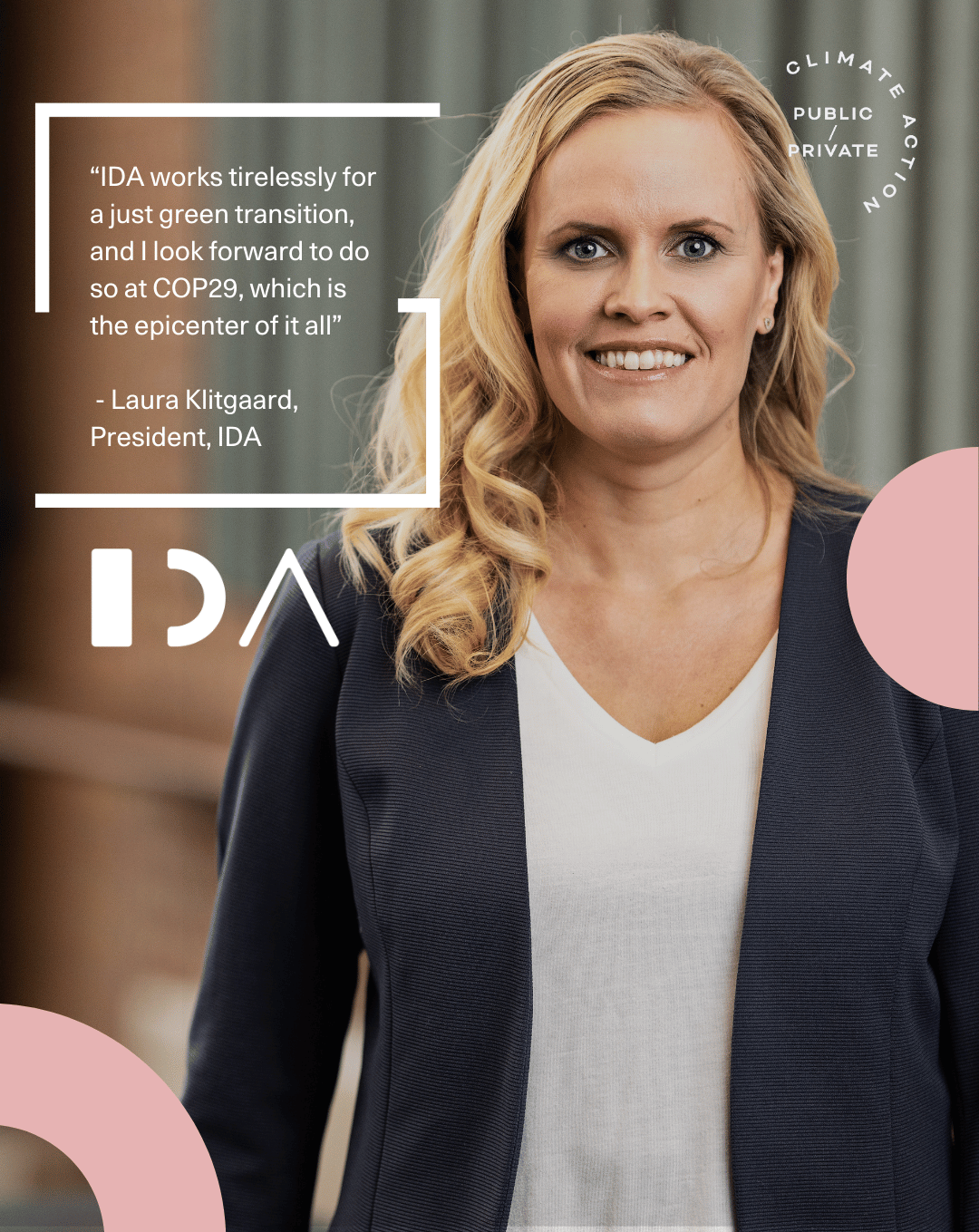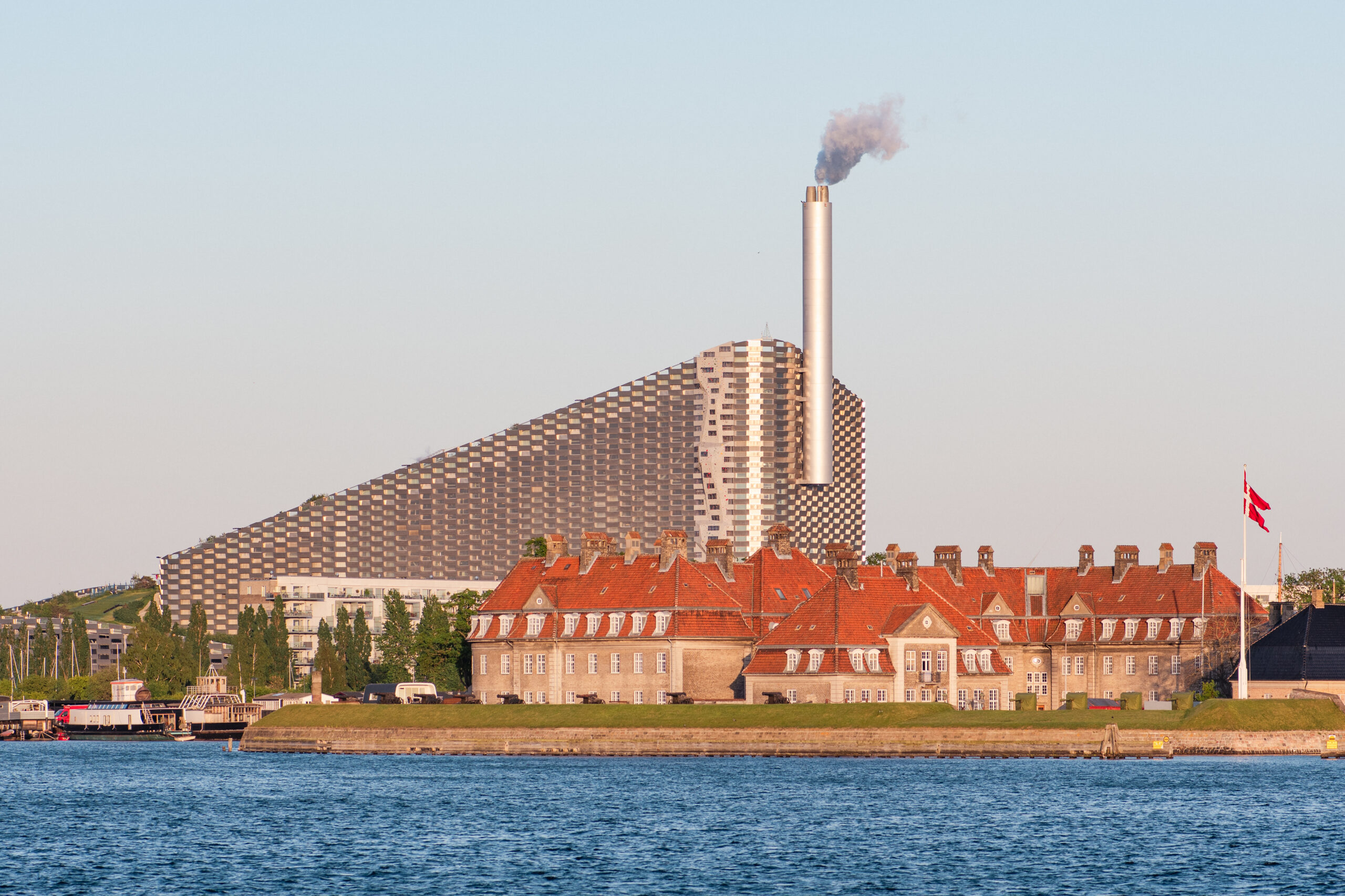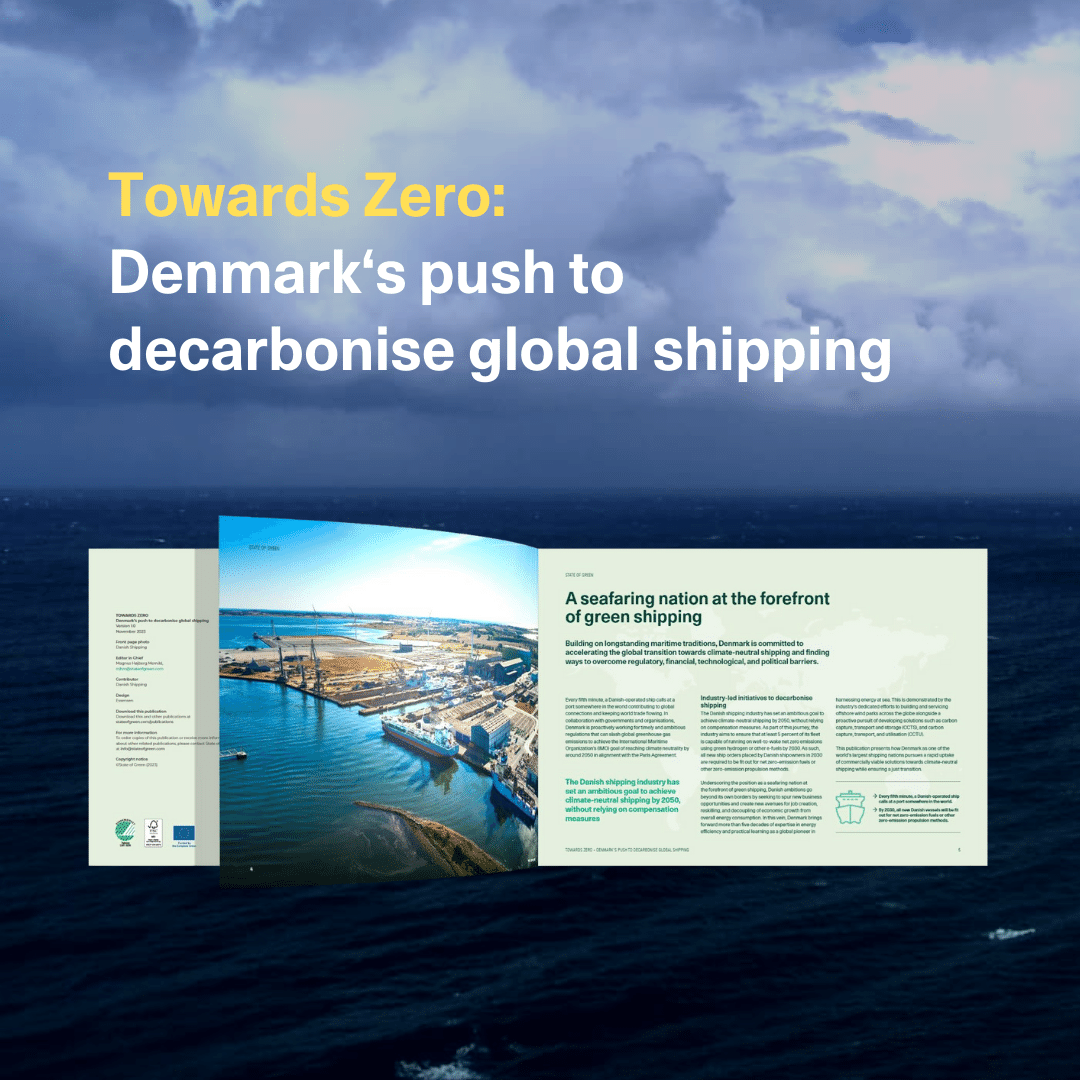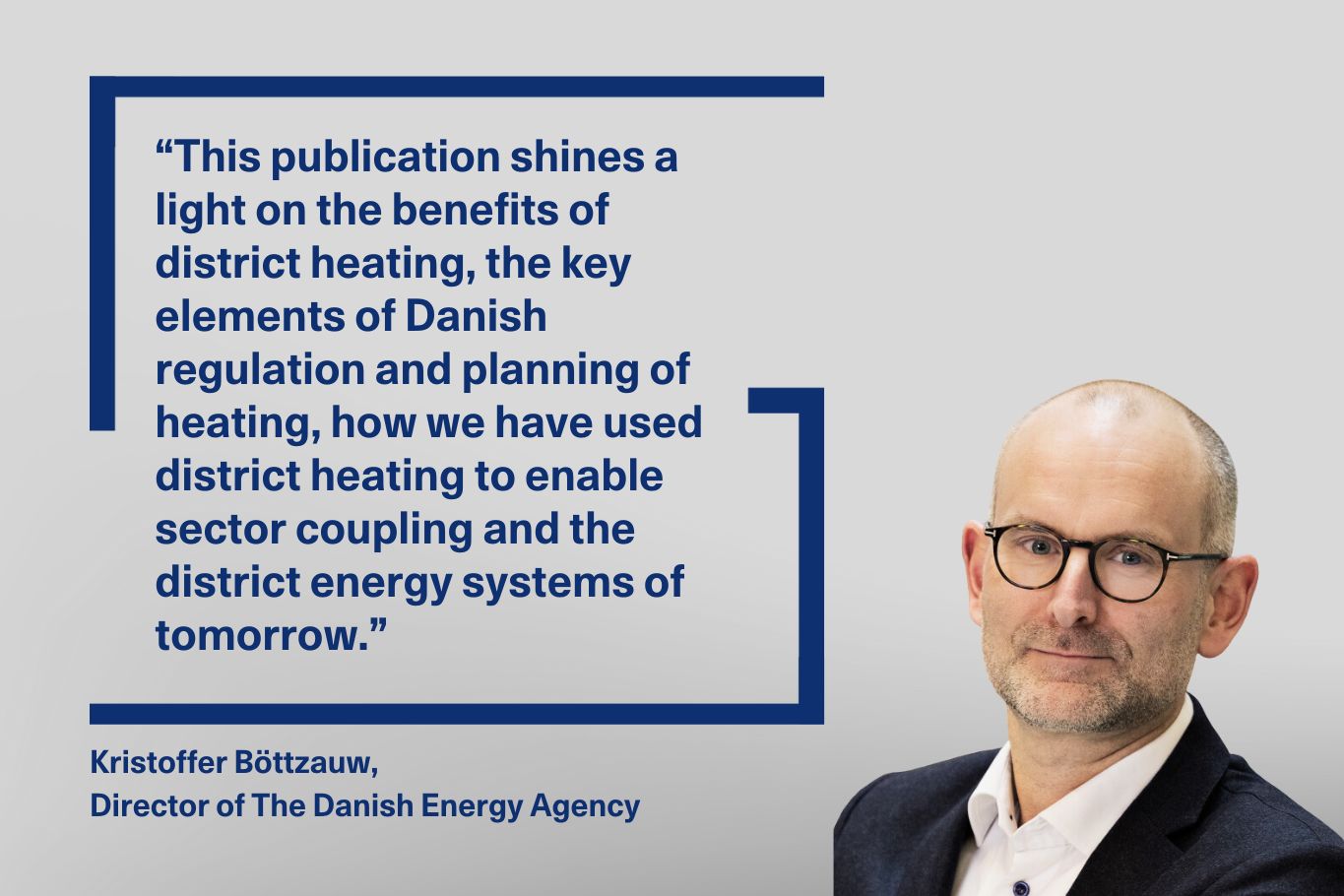COP29: Focus on strengthening resilience and reducing emissions in cities
Urban areas are responsible for approximately 70% of global carbon emissions, making them central to international climate discussions. At COP29, the emphasis will be on how cities can reduce emissions, enhance resilience, and improve the overall quality of life for their residents through sustainable urban planning and infrastructure development.
One of the key areas of discussion will be the deployment of climate-resilient infrastructure. This includes energy-efficient buildings, smart city technologies, green spaces that help mitigate heat, and robust water management systems that can handle both scarcity and flooding. The European Union, through initiatives such as the EU Cities Mission, aims to support cities in becoming climate-neutral by 2030, setting an example for urban areas around the world.
In addition to reducing emissions, the discussions at COP29 will highlight the importance of making cities adaptable to the effects of climate change. This includes protecting urban populations from extreme weather events, ensuring access to clean water, and enhancing green urban spaces to provide cooling and recreation in dense city environments.
